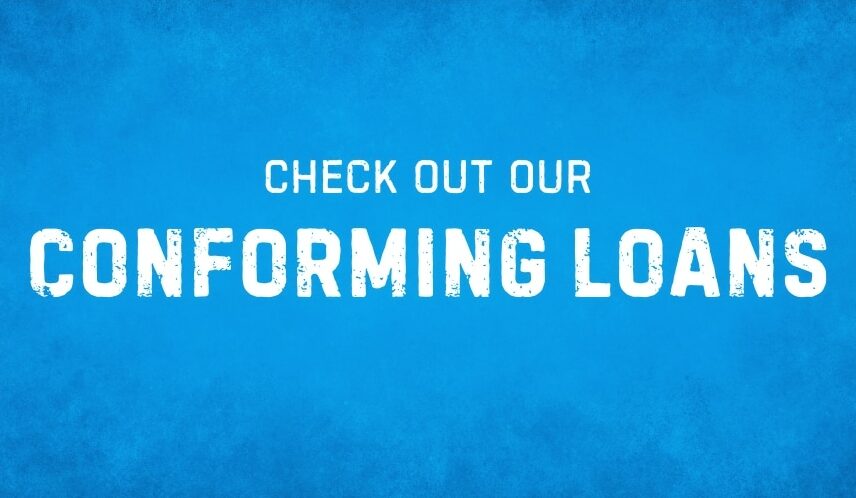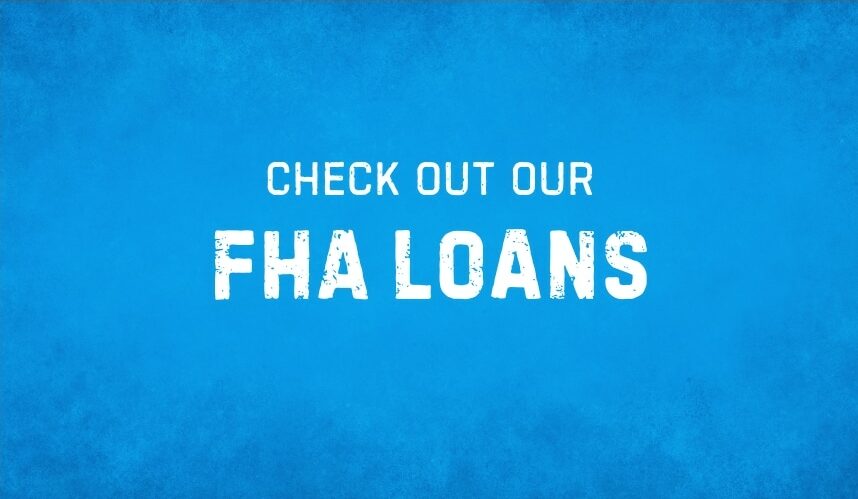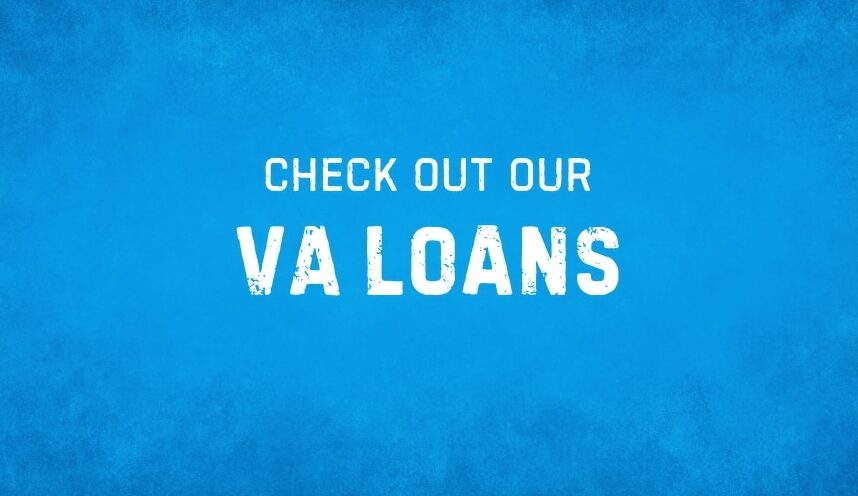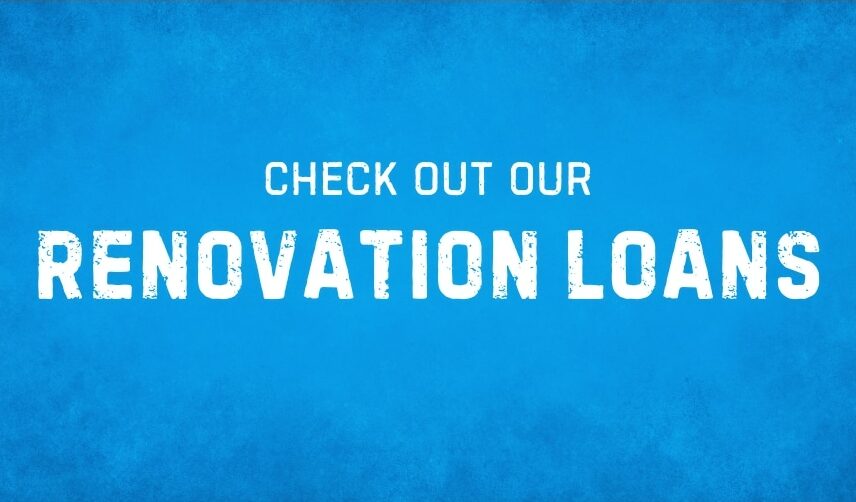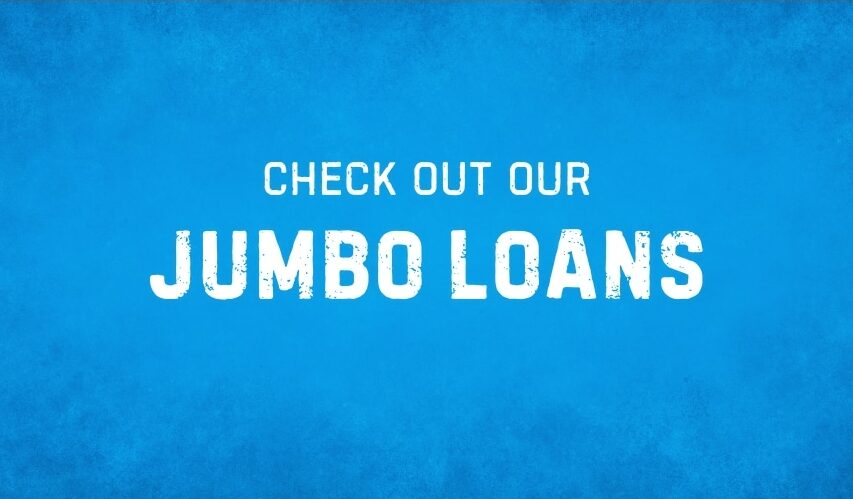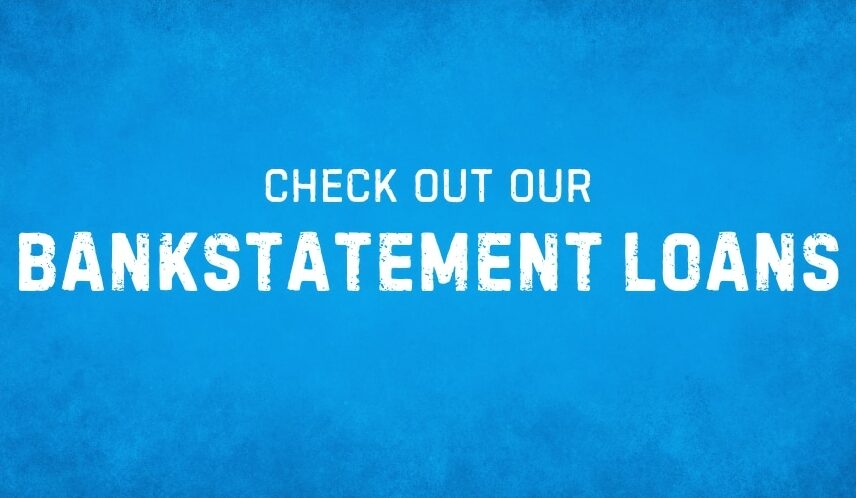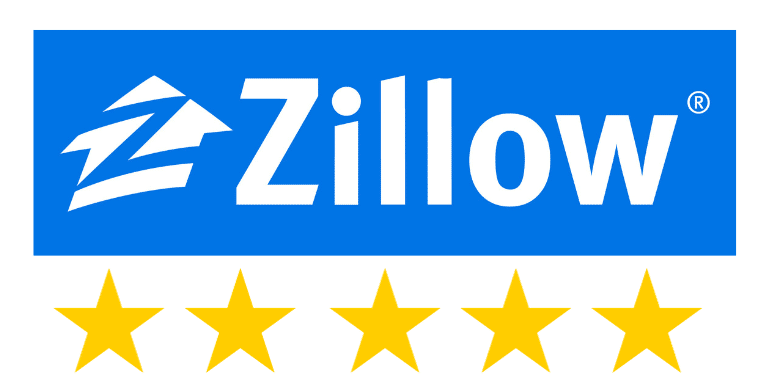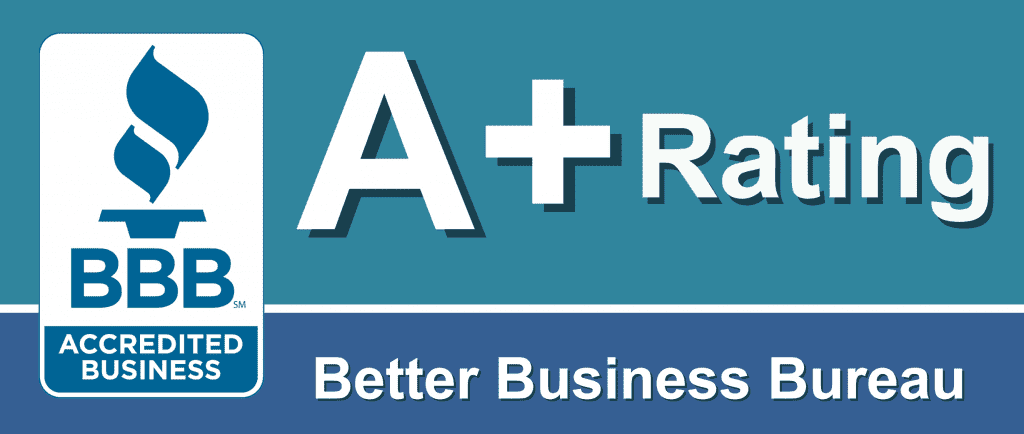
Earnest Money Deposit
In a real estate transaction, an earnest money deposit is a monetary good faith offer from the buyer to the seller showing a commitment to purchase the property being sold. When a buyer makes an offer on a property, there are typically three things included;
- Pre-qualification letter
- The written offer (aka purchase contract)
- A commitment to providing an earnest money deposit
These three items combined are used to start a dialogue with the seller. The pre-qualification letter shows the buyer is able to purchase the property; the written offer states the terms at which the buyer is willing to purchase the property, and in that written offer is a commitment to provide an earnest money deposit (EMD).
Earnest money deposit amount
There is no pre-set amount for earnest money deposits; however, you typically see an earnest money deposit of 1.00% to 5.00% of the purchase price. For example, if the property is being sold for $500,000, you will most likely see a commitment to provide an earnest money deposit of $5,000 to $25,000 in the written offer.
The higher the amount, the more impressive the offer may seem, and in a competitive “seller’s market,” having an offer stand out is important. If it’s a “buyer’s market,” then a lower amount is probably suitable. The best thing a buyer can do is discuss the right course of action with your real estate agent.
Offer accepted; time to deposit the money
Once the buyer’s offer is accepted, the transaction goes into “escrow.” The escrow period typically lasts thirty days, but it can be shorter or longer than that. Within the contract signed by the buyer and seller, there is a timeframe in which the buyer must provide the actual funds for the earnest money deposit (usually two or three days).
To satisfy the requirement, the buyer will need to either provide a check, money order, or wire to the neutral third party handling the transaction’s processing and closing.
A neutral third party holds the earnest money deposit
A neutral third party (an escrow company) holds the earnest money deposit in a separate trust account. The money the buyer provides cannot be commingled with other funds the neutral third party holds to operate their business. A documented receipt should be provided to you showing they have received the funds (you might have to ask for written verification, and I suggest you do).
The amount deposited remains in the trust account until the transaction is closed. If the contract terms are met, the money the buyer deposited will be applied to the final numbers at closing.
Verification of your earnest money deposit
If you are the buyer, your mortgage lender will want to verify your earnest money deposit. Two reasons;
- Federal law requires they track and source all funds associated with a real estate transaction.
- Lender guidelines require funds provided by you are your actual funds (and not a loan).
To verify your earnest money deposit, your mortgage lender will request you provide your two most recent bank statements showing you have the funds and a transaction history showing the earnest money deposit has cleared your account. The mortgage lender will also ask the neutral third party to provide a copy of the deposit and confirm it has been received.
If your two months of bank statements show a large deposit, your mortgage lender will ask you to source that deposit. This means you will have to show where the money for the deposit came from to ensure it meets federal regulations for sourcing funds and lender guidelines.
Earnest money deposit refund
An earnest money deposit (EMD) is refunded to the buyer in several ways, provided it’s written into the contract between the buyer and seller. There are four main instances where a refund is issued to the buyer. Four of these depend on having specific real estate contingency clauses within the contract.
- If the seller does not perform or satisfy the conditions they have agreed to.
- The buyer is not approved for the loan (provided they have a loan contingency).
- The home appraises below the purchase price (provided they have an appraisal contingency).
- There are health and safety issues with the home (provided they have a home inspection contingency).
- The buyer is unable to sell their current home.
The seller does not perform
The seller has specific responsibilities when entering a contract to sell their home. One is they must provide access to the house for an appraisal inspection and a general home inspection. They also have to complete specific paperwork for the closing agent and provide disclosure documentation for the buyer to review.
If the seller fails to follow through, aka “perform,” the buyer can request the closing agent cancel the contract and refund the earnest money deposit.
Loan approval
If the buyer has a loan contingency in the purchase contract (standard) and is not approved for the mortgage they applied for, then the buyer can request the closing agent cancel the contract and issue a refund of the buyer’s earnest money deposit.
The home appraises below the agreed-upon price
Shortly after the buyer and seller enter the escrow period, the mortgage lender will request an appraisal inspection of the property. If the home appraises below the agreed-upon price, the buyer can request to cancel the transaction and receive a full refund of the earnest money deposit.
As with the loan approval, this depends upon the purchase contract having the standard appraisal contingency clause.
The property fails a home inspection
Most homebuyers want to do a home inspection, so they have a home inspection contingency clause built into the contract. If the home fails the inspection, the buyer can cancel the contract and request the closing agent refund the deposit.
The buyer cannot sell their home
Not all buyers are first-time homebuyers and need to sell their current home. When this is the case, the homebuyer will ensure there is a contingency clause within the contract that allows them to cancel the transaction and receive a full refund of their deposit if they cannot sell their home.
Do You have a question or need a quote?
Contact KevinLow rates, fast closings, and exceptional service.
Earnest money deposit faqs
Here are the most frequently asked questions about earnest money deposits.
Can I buy a home without an earnest money deposit?
Yes, you can. There are no federal or state laws that require you to include an earnest money deposit with your offer. However, it is highly suggested since it shows your commitment to the transaction, and other offers will most likely have one.
What is the benefit of an earnest money deposit?
The benefits of providing an earnest money deposit are simple; it shows your commitment to buying the home, and you have the financial resources to enter into a real estate transaction.
How much of an earnest money deposit is enough?
I would defer to your Realtor on this, but 2.00% – 3.00% of the purchase price is usually enough. If you want your offer to stand out, go a bit higher.
Does my real estate agent hold the money?
No. The money should go to a neutral third party that won’t commingle your funds.
How long will escrow hold the deposit?
Escrow will hold the deposit until the transaction is closed. The length of the transaction can be as short as ten days to ninety-plus days. It just depends on what the buyer and seller agree to when negotiating the contract terms.
How could I lose my earnest money deposit?
You can lose your deposit if you fail to perform your required duties as stated in the contract. If you have questions about this, contact your real estate agent directly and ask them to specifically explain how you could lose your deposit (as stated in the contract you signed).
Can I change my mind and cancel the earnest money deposit?
As long as you have a contingency that says that, then yes, you can change your mind and cancel the transaction, which cancels out the earnest money deposit. However, having this contingency in place means your offer is less likely to be accepted by the seller since it’s not a standard contingency clause.
How do I protect my earnest money deposit?
The best way to protect your earnest money deposit is to have the three main contingency clauses mentioned above and perform your requirements to completion. Failure to have the contingency clauses or failure to fulfill your requirements might jeopardize your deposit and ultimately cost you thousands of dollars.
Bottom line on the earnest money deposit
The earnest money deposit is an important part of the home-buying process. A strong earnest money deposit shows the seller that a buyer is 100% committed to purchasing the home. Buyers should always make sure they have the three contingencies in place (four if you are selling a home) so that they are protected if something goes wrong.
A buyer should discuss the best course of action with the real estate agent when committing to an earnest money deposit.

